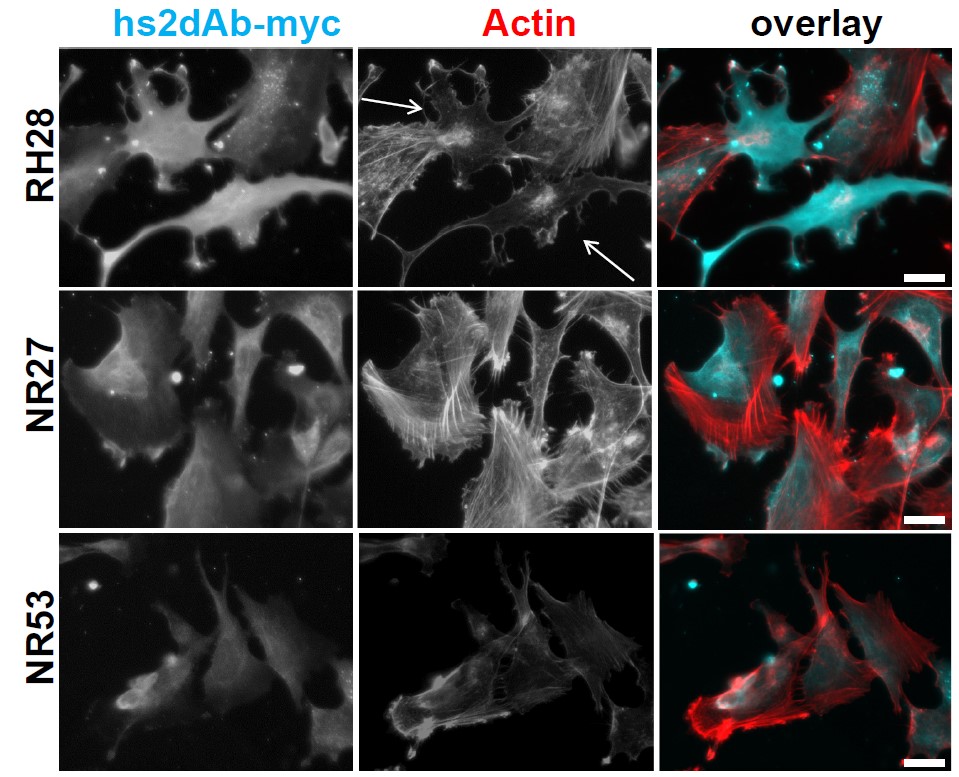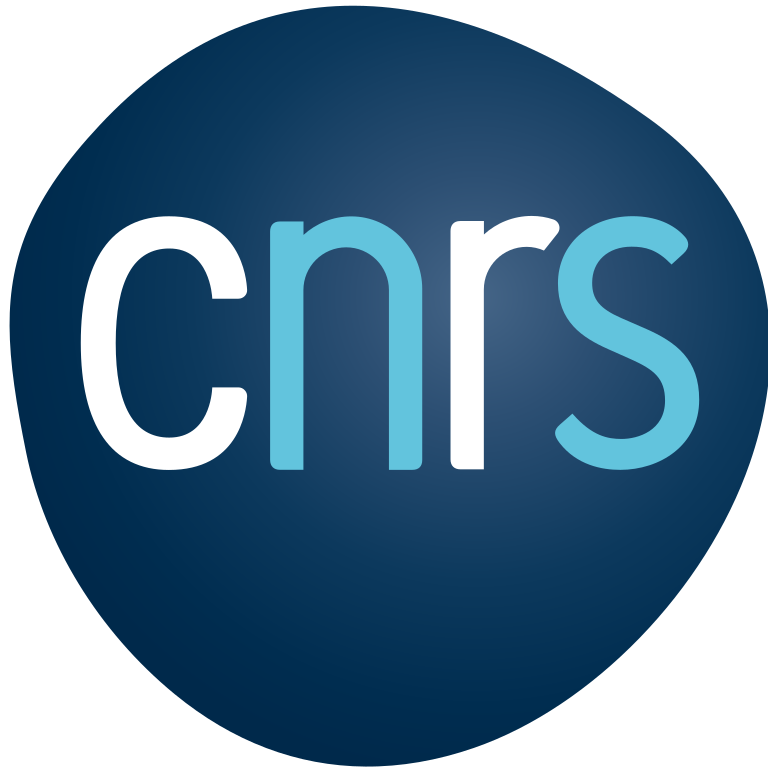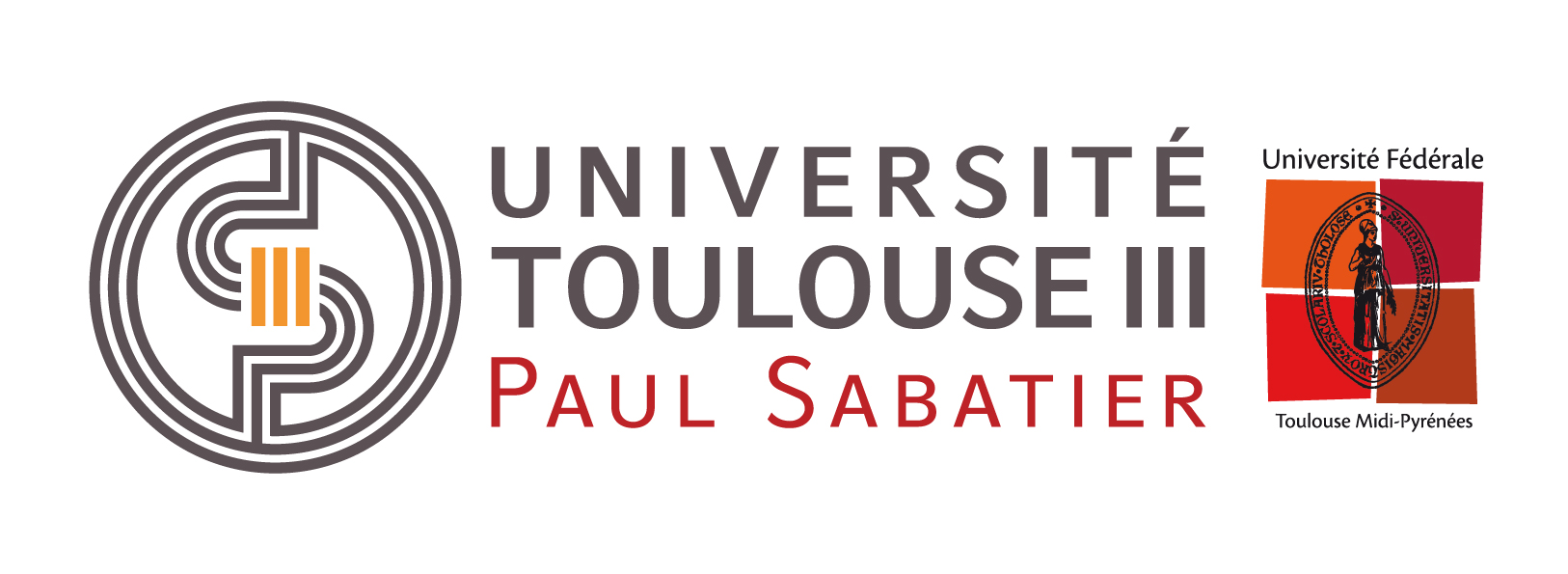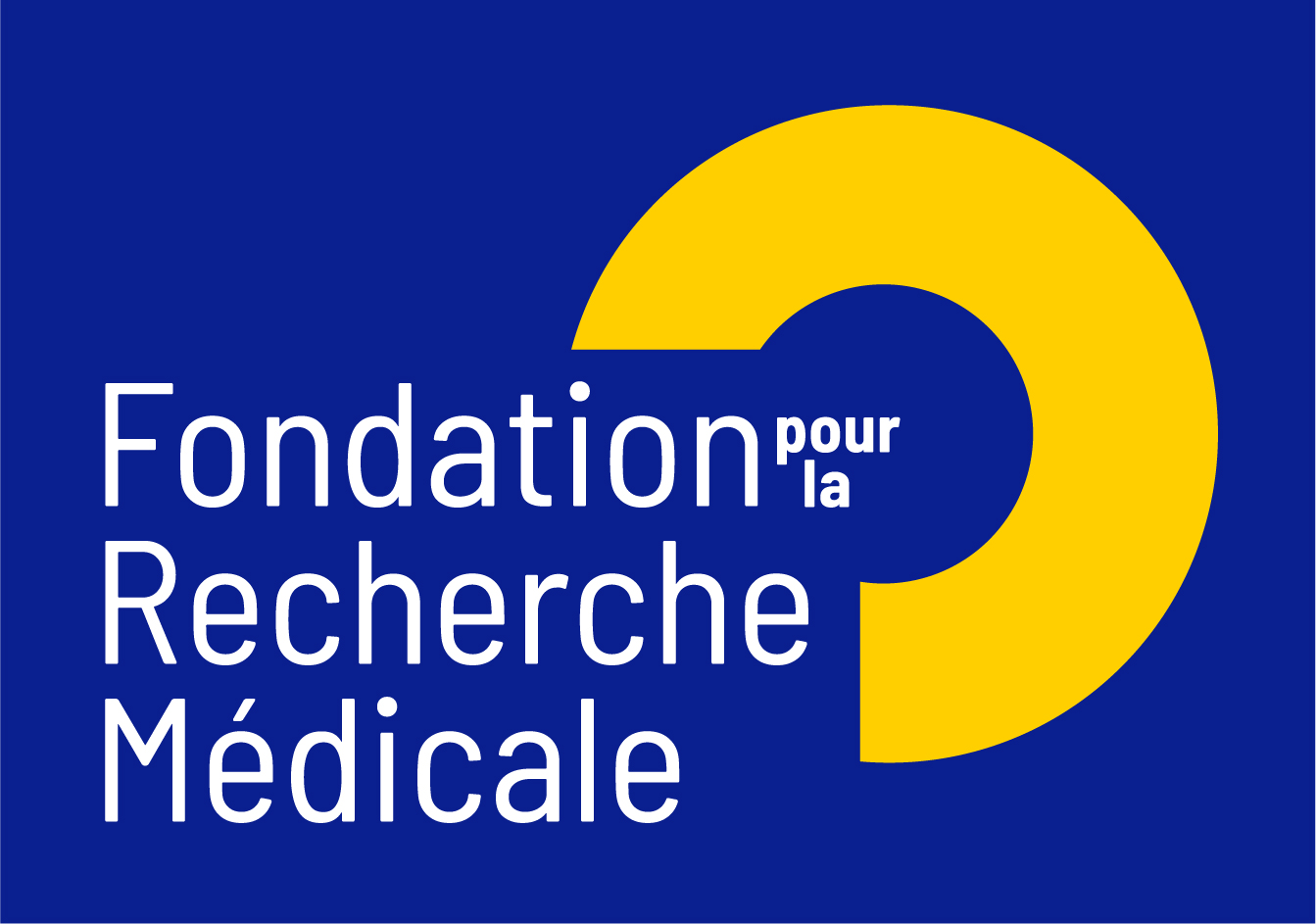Design of an intracellularly acting antibody blocking the RHOA family of proteins to study a cellular process involved in carcinogenesis.
RHOA-GTPase
tripartite split-GFP
nanobodies
RHO-ROCK signaling
single domain antibody (sdAb)
Laura Keller– Equipe SIGNATHER : Cell Signalling, Oncogenesis and Therapeutics
Intracellularly-functional nanobodies can be considered as promising macrodrugs to study key signaling pathways by interfering with protein-protein interactions. With the aim of studying the RAS-related small GTPase RHOA family, we implemented a phage display selection of nanobodies towards RHOA-GTP. We then adapted the sensitive intracellular protein-protein interaction reporter based on the tripartite split-GFP method in order to identify a functional intracellular nanobody, hereafter named RH28, that does not bind other families of GTPases such as the close RAC subfamily. This nanobody blocks/disrupts efficiently the RHOA/ROCK signaling pathway. In the metastatic melanoma cell line WM266-4, RH28 expression triggered an elongated cellular phenotype associated with a loss of cellular contraction properties, demonstrating the efficient intracellular blocking of RHOA/B/C proteins downstream interactions without the need of manipulating endogenous gene expression. This work paves the way for future therapeutic strategies based on protein-protein interaction disruption with intracellular antibodies.

RH28 blocks the RHOA subfamily signaling to actomyosin and induces loss of actin fibers in MRC5 cells. MRC5 fibroblasts expressing transiently either controls (NR) or RH28 hs2dAb-6xHis-Myc were fixed 20 hours post transfection and stained using anti myc tag antibody and Alexa 568 phalloidin to detect actin stress fibers. Arrows indicated cells devoid of actin fibers. Scale bar 20 μm.
Discover the published articles
Front. Immunol., 18 August 2022 Sec. Cancer Immunity and Immunotherapy
Tripartite split-GFP assay to identify selective intracellular nanobody that suppresses GTPase RHOA subfamily downstream signaling
Laura Keller, Claudine Tardy, Laetitia Ligat, Soazig Le Pennec, Nicolas Bery, Faten Koraïchi, Patrick Chinestra, Mélissa David, Rémi Gence, Gilles Favre, Stéphanie Cabantous and Aurélien Olichon
Collaborations and acknowledgements
- CRCT Technology Centre – Imaging, Cytometry and Vectorology Platform,
- Fondation pour la Recherche Médicale (FRM).

Toulouse Cancer Research Center (Oncopole)
Toulouse – FR
Contact us
+33 5 82 74 15 75
Want to join
the CRCT team ?





